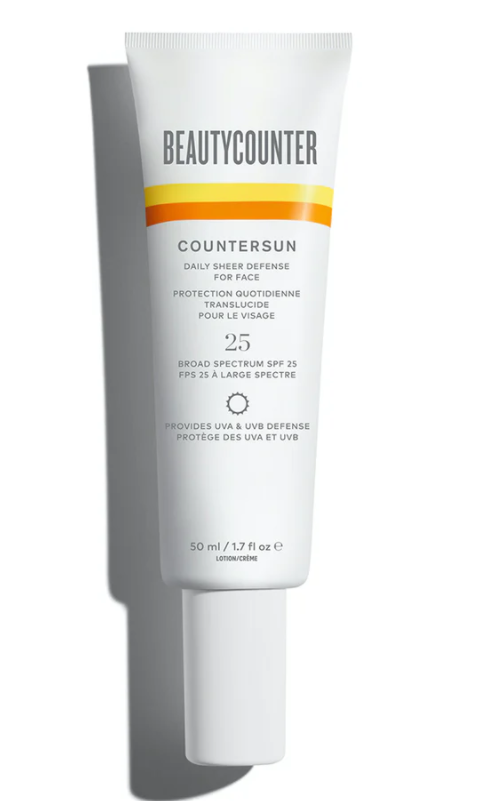Why You Need Sunscreen On Your Face
Black don’t crack.
Right, yes I know. But here’s the thing, skin is skin and exposure to UV rays and HEV light do unfortunately cause some problems.
It’s common for us to associate sunburn to skin cancer. The truth is you don’t need to get a sunburn to be affected by sun induced damage.
Where there are UV rays - which are always present - there is the potential for sun damage. With sun damage, the risk of skin cancer pops up.
Did you know that 80% of rays pass through clouds?
Did you also know that HEV light - that little blue light that is coming out of our screens - is also emitted from the sun? HEV is associated with premature aging.
You don’t have to see “cracks” in your skin (an organ, remember?) for it to be suffering.
The thing is, there is so little research about dark skin and skin cancer.
No real surprise there, but the medical field did what they usually do and conveniently left us out of study after study, because our skin is sturdier…. Right? *insert eyeroll*
SPF studies and the associated recommendations & ratings are based on fair skin and the time it takes for them to get sunburn.
But what about how long it takes for melanated skin to get damaged? Without the burn?
Here is what happens because of the lack of research and misguidance:
Black people are more likely to be diagnosed with late stage skin cancer.
As in 4x as likely to be diagnosed with advanced stage melanoma.
So hear me when I say this - Black People Need Sunscreen.
Every day. Because remember what I said about HEV light?!
And no - makeup is not enough.
So in the name of keeping things healthy & less toxic, watch for and avoid these ingredients when you purchase your sunscreen:
Oxybenzone - linked to endocrine disruption, photo allergies, and organ toxicity
Octinoxate - known to disrupt hormones and cause reproductive toxicity
Homosalate - connected to disruption of your hormones and enhances the absorption of pesticides, aka bug spray
Nanoparticles - they are chemical reactive and cause coral reef degradation
Some safe ingredients you do want in your sunscreen (that you’re going to wear daily are):
Titanium Dioxide
Zinc Oxide
Reef safe labels
Here are some recommendations before you go
Slay the healthy & less toxic way.


